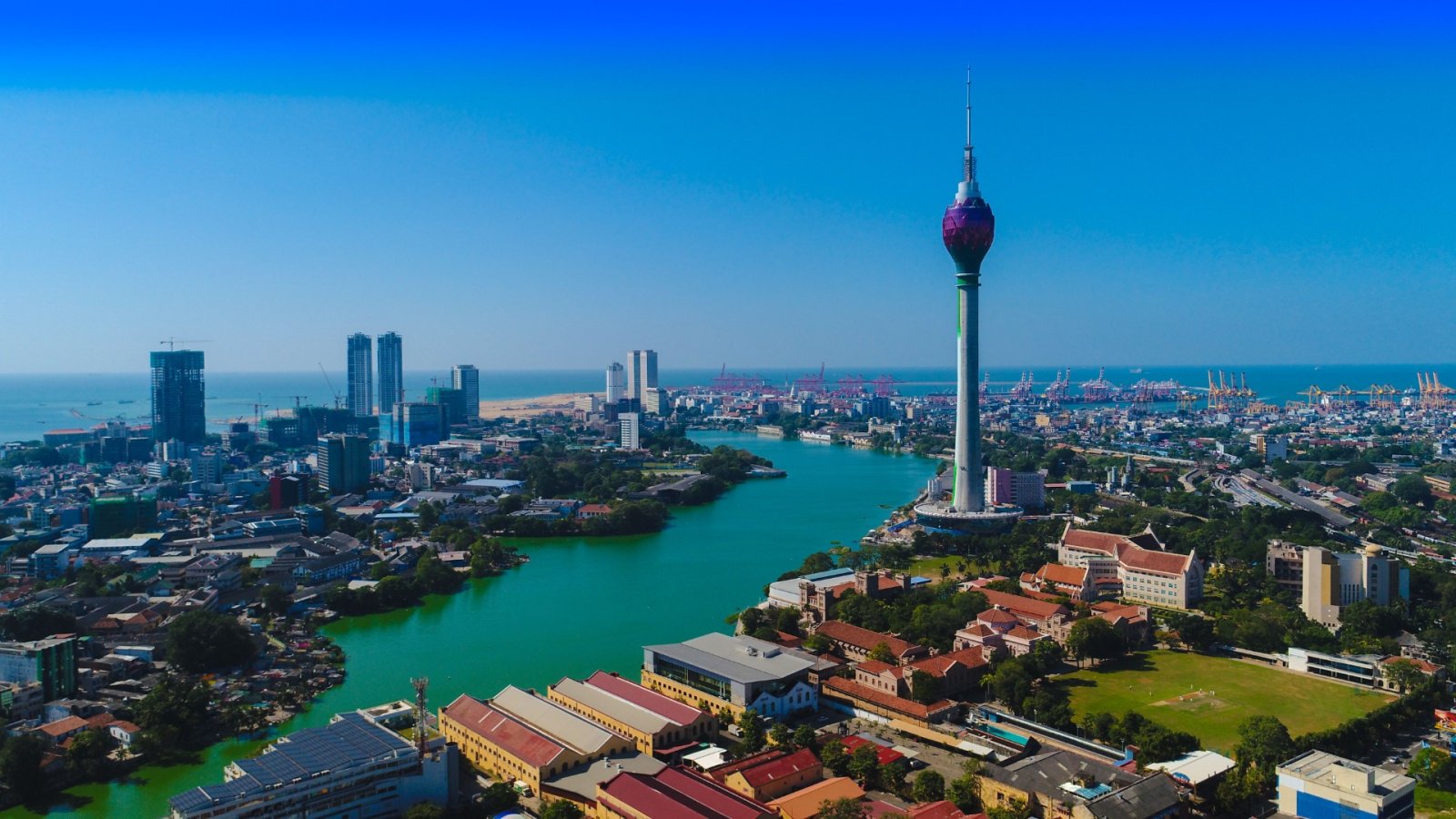Mislili ste da su samo Šri Lanka, Italija, Nizozemska, Velika Britanija i naravno desetak drugih zemalja u kojima ima nemira i građanskih protesta. Ali ste zaboravili Panamu. Da budemo pošteni, ovo je mala nacija i rijetko je bila u središtu pozornosti od dana zloglasnog generala Noriege 1980-ih. Posljednjih tjedana ova jedinstvena i gostoljubiva srednjoamerička nacija doživljava ozbiljne preokrete, ali događaji su zasjenjen drugim vijestima drugdje koje su zaokupile globalnu pozornost. Međutim, za stanovnike Paname situacija je toliko teška da ih je masovno natjerala na ulice.
Nemiri su počeli još početkom srpnja, a predvodili su ih učitelji koji su prosvjedovali protiv naglog povećanja troškova života. Učiteljima su se, međutim, ubrzo pridružile druge skupine, uključujući studentske sindikate, grupe za prava starosjedilačkog stanovništva i organizirane radničke snage. Sve početne demonstracije bile su usredotočene na mjere protiv inflacije, ali kako su tjedni prolazili, prosvjednici su skovali općenitiji skup zahtjeva da uključuju pozive na suzbijanje korupcije u vladi i sustavne promjene političkog sustava.
Panama, Expat Paradise
Nije tako davno kada se Panama smatrala sigurnim utočištem za bogate umirovljenike koji bježe iz zona visokih poreza u Sjevernoj Americi i Europi. Dok Kostarika zaokuplja umove mnogih građana sjevera koji žele pobjeći na jug, Panama je bila nadolazeći kandidat za konačni bijeg od sjevernih poreznih režima. Svi su svjesni statusa Paname kao porezne oaze izvan zemlje, ali posljednjih godina obični građani koji žele povećati svoje mirovine i povremeno svoje eure sele se u tu srednjoameričku državu kao bolju opciju. Slika Paname kao središta trgovine drogom, diktatorske vladavine, pa čak i vojne invazije, konačno je postala relikt prošlosti.
Umjesto toga bila je mirna zemlja, puna gostoljubivih ljudi, relativno niskih stopa kriminala i poreznog režima koji je favorizirao i bogate i bivše stanovnike srednje klase u mirovini. Međutim, poput većine svijeta, ti su planovi počeli izlaziti iz kolosijeka kada je određeni respiratorni problem prouzročio da svijet ode u stanje karantene. Teško da je ijedno gospodarstvo u svijetu izbjeglo štetu u tsunamiju tiskanja dolara i eura koji je uslijedio. Dodajte ovome kombinirani učinak problema s logistikom i opskrbnim lancem, a malo otvoreno gospodarstvo poput Paname počelo je osjećati pritisak više od većine.
Pravo stanje Paname
Stopa inflacije u Panami za svibanj 2022. iznosila je 4,2%. Ovo možda ne zvuči mnogo u usporedbi s drugim zemljama. Stopa inflacije u Sjedinjenim Državama u svibnju je bila preko 8%. Ali to je bilo za cijelu godinu, ne samo za mjesec svibanj. Dodajte ovome da će većina vlada nastojati umanjiti probleme poput ovog i izostaviti ključne čimbenike koji doprinose i imate mogućnost da je stopa za svibanj u Panami zapravo bila znatno viša. Stopa nezaposlenosti u zemlji trenutno iznosi oko 10%. Za ostalih 90%, možemo očekivati da su za mnoge plaće niske, a drugi su nedovoljno zaposleni.
Prosvjedi
Prosvjednici u Veraguasu blokiraju Panameričku autocestu koja je pristupna ruta za otprilike 80% svježeg voća i povrća u zemlji. Neto učinak bio je ozbiljan nedostatak ovih namirnica u cijeloj zemlji. Štandovi s hranom stoje prazni, trunu na kamionima, a nestašica hrane postaje stvarna svakodnevna briga mnogih. Kao odgovor na rasprostranjenu obustavu gospodarske aktivnosti, trenutni čelnik, predsjednik Laurentino Cortizo najavio je plan za smanjenje cijene goriva na 3,25 USD po galonu. U lipnju ove godine dosegnuo je vrhunac od 5,20 dolara, ali unatoč oštrom rezu, to nije bilo dovoljno da prekine prosvjede.
Kraj igre
U početku je vlada odlučila ignorirati prosvjednike i umjesto toga suzbiti njihov pokret represivnim mjerama. Strategija je bila osuđena na neuspjeh. Američko veleposlanstvo izdalo je upozorenje za "svijest o situaciji" za svoje građane u Panami jer su nemiri postali rašireniji i povremeno nasilni. Kanada je dan kasnije izdala slično upozorenje svojim građanima. Poput većine latinoameričkih zemalja, njihovi veliki i moćni susjedi na sjeveru igraju nerazmjernu ulogu u njihovim gospodarstvima. Država ostaje područje od ključnog geopolitičkog interesa za Sjedinjene Države sa svojom važnošću kao jedne od glavnih svjetskih pomorskih ruta.
Dok je rudarstvo važan izvor prihoda i zapošljavanja, mnogi tvrde da profit nikada nije stvarno prodro do lokalnog gospodarstva i da šteta za okoliš nadmašuje koristi. U mnogim drugim dijelovima svijeta ugovori o rudarstvu i domorodačka prava često dolaze u sukob, a Panama nije drugačija. Kakva god bila konačna odluka, kompromisi će sigurno biti napravljeni na svim stranama kako bi se izbjegao obrat događaja u stilu Šri Lanke.






